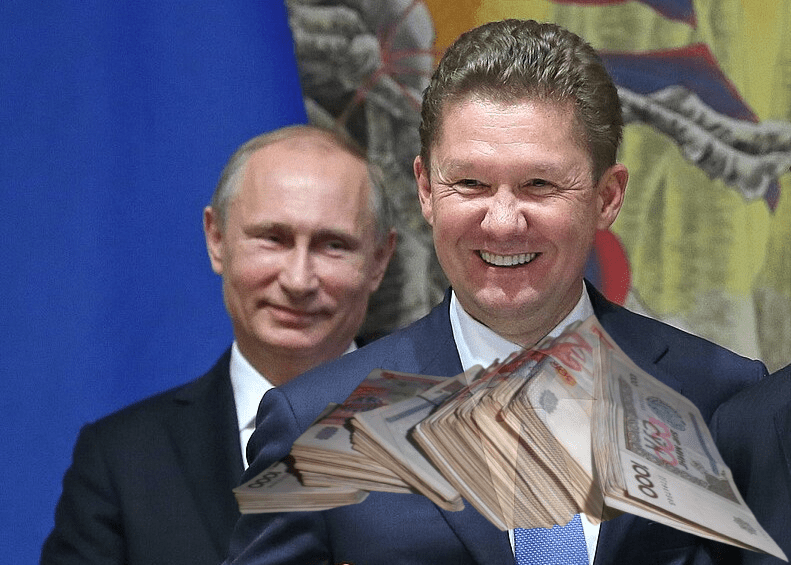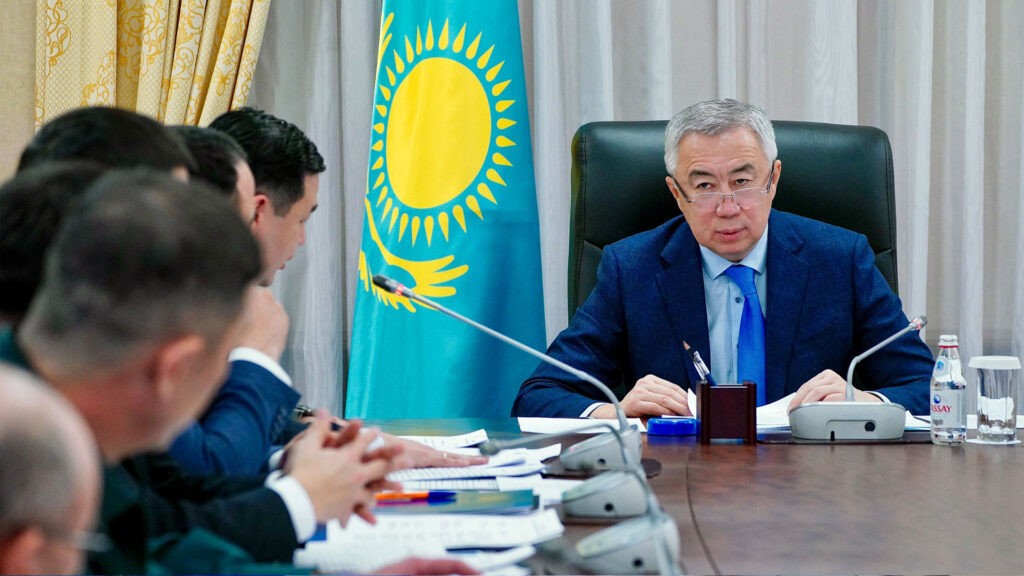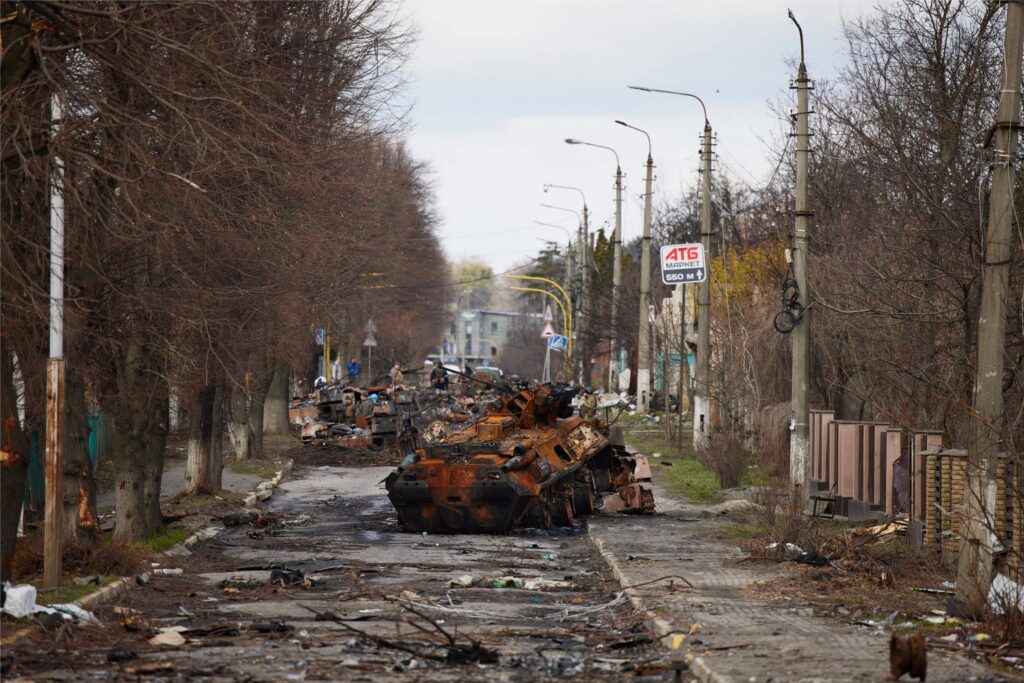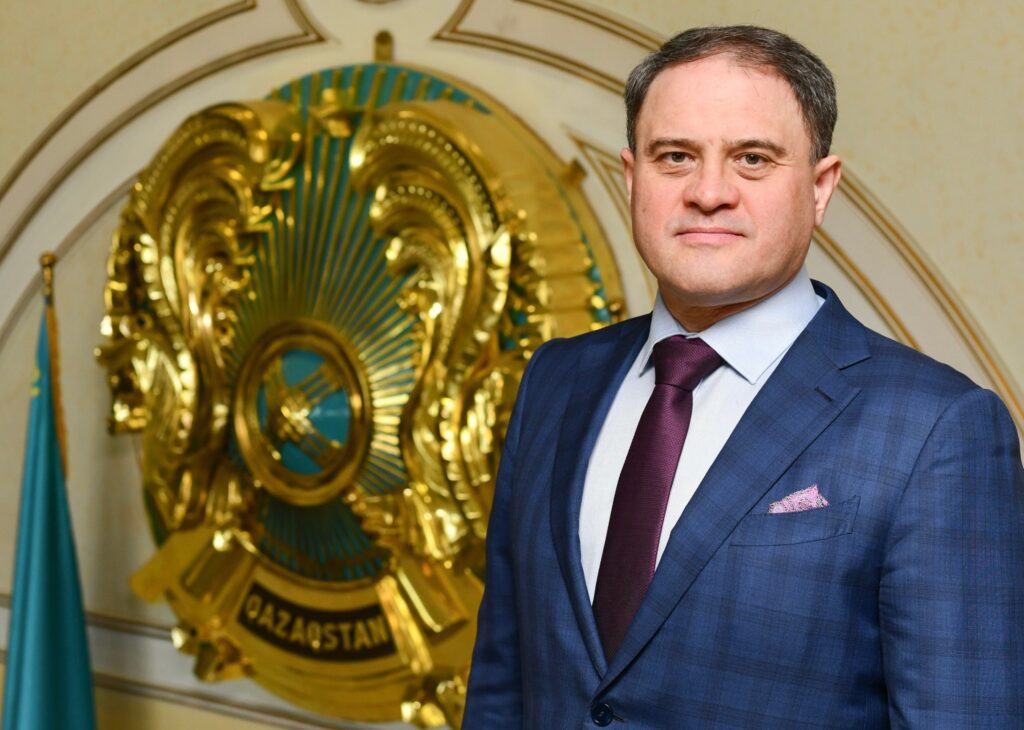U.S. Sanctions on Gazprombank Put Uzbekistan’s $4.8 Billion Copper Ambitions at Risk
Uzbekistan faces a significant economic challenge as U.S. sanctions on Russia’s Gazprombank disrupt the $4.8 billion Yoshlik mine expansion project. The project, managed by state-owned Almalyk Mining and Metallurgical Combine (MMC), is critical to Uzbekistan’s plan to nearly double its copper production by 2026, according to The Diplomat. However, with Gazprombank now excluded from the international payments system, the project’s financing is at risk. The Russian Government directly owns 36.44% of Gazprombank's capital. Financing Challenges The Yoshlik mine expansion aims to increase copper output by 78% and gold production by 50%, making it a cornerstone of Uzbekistan’s economic development strategy. However, Almalyk MMC’s reliance on Gazprombank leaves it vulnerable to delays and potential secondary sanctions. This situation exacerbated earlier difficulties after U.S. and EU sanctions in 2022 suspended an $800 million tranche from Russian development bank VEB.RF, another key financial backer. Almalyk MMC must now urgently secure alternative financing to keep the project on track. Russia’s Role in Uzbekistan’s Economy Russia remains Uzbekistan’s largest trading partner, and remittances from Uzbek workers in Russia account for 18% of Uzbekistan’s GDP. Russia’s involvement in the Yoshlik project began in 2021 when Gazprombank and VEB.RF pledged $2 billion to finance mining equipment purchases. Impact on European and British Partners The Yoshlik project also involves significant participation from European and British firms: Germany: Engineering firms such as Thyssenkrupp have supplied critical equipment. Germany’s KfW IPEX-Bank recently arranged $2.55 billion in financing for the project. However, U.S. sanctions on Gazprombank could create legal and logistical hurdles, putting pressure on Germany’s government to reassess its support for exports to Uzbekistan. United Kingdom: The UK has taken a complex position. While it sanctioned Gazprombank in 2014, British firms, including Weir Group, remain involved in the project. In 2024, the U.K.’s export credit agency guaranteed a refinancing deal through Spain’s Santander Bank, reflecting the mine’s importance to British exporters. As reported by TCA, earlier this week, the UK Export Finance (UKEF) guaranteed a €12.6 million ($13.25 million) loan to the Almalyk Mining and Metallurgical Complex to refinance the purchase of fully automated vehicles. Urgency for Alternative Financing For Uzbekistan, securing alternative sources of funding is critical. Almalyk MMC must navigate a challenging sanctions landscape while keeping the Yoshlik project on schedule. Failure to do so could not only isolate the company but also hinder Uzbekistan’s broader economic goals, particularly its ambitions to expand its mining sector and boost foreign investment.




